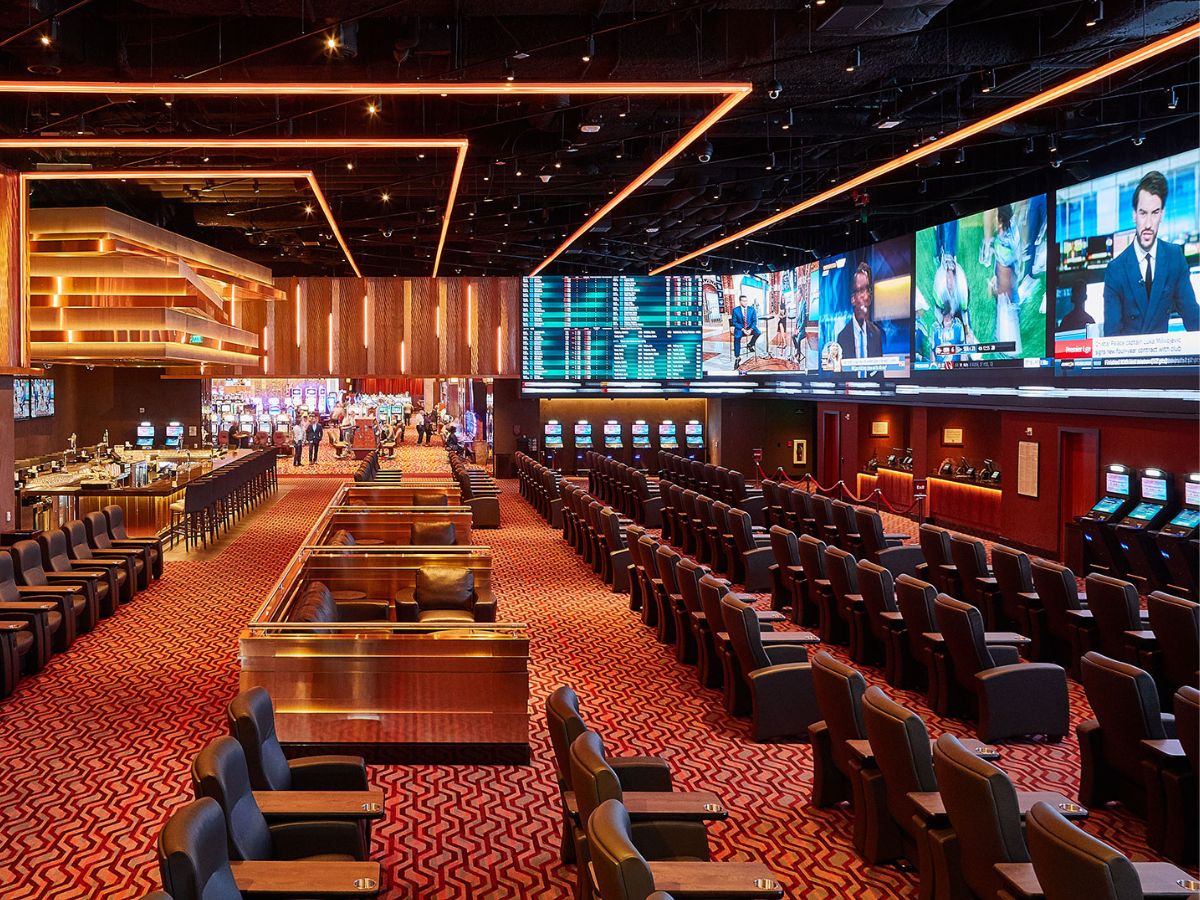Investigating the Principles of Gaming Gaming
admin
- 0

Casino gaming has long been a topic of fascination and controversy, drawing in millions of players globally. With a blend of chance, skill, and the excitement of uncertainty, casino games offer an exciting escape from everyday life. However, as entertainment becomes ever more available, it invites a deeper examination of the morality surrounding these games. RR88
At the heart of the debate lies the issue of whether casinos promote responsible gaming or take advantage of at-risk individuals. The appeal of potential winnings versus the truth of losses can create a challenging dynamic, and understanding this balance is essential for both players and operators. As we delve into the morals of casino gaming, we will explore the responsibilities of casinos, the effects on society, and the measures that can be taken to foster a better gaming environment.
The Impact of Casino Gaming on Society
Gambling in casinos has a notable influence on society, affecting not only the economy but also interpersonal dynamics and local frameworks. The revenue generated from casinos can lead to employment opportunities and boost regional economies, as they provide numerous employment opportunities in different sectors including hospitality, entertainment, and shopping. However, while the economic advantages can be substantial, communities often grapple with the potential negative impacts that arise from increased gambling activity.
Additionally, the presence of casinos can lead to an rise in gambling addiction, presenting significant challenges for players and families. The thrill of casino games can quickly evolve into a compulsive habit, affecting personal relationships and leading to financial instability. Many individuals may struggle with the loss of control over their gambling habits, resulting in a need for community support services and help to address this growing issue. The social cost of gambling addiction can ripple through kinships and neighborhoods, creating an urgent need for responsible gaming initiatives.
In addition to the economic and social ramifications, casino gaming often showcases cultural attitudes towards uncertainty and entertainment. It can encourage a sense of joy and leisure, attracting visitors and boosting local travel. However, this allure may also mask the broader implications of gambling as a form of entertainment, provoking ethical questions about its promotion and accessibility. As communities weigh the benefits and disadvantages of casino gaming, the need for responsible practices and oversight becomes increasingly critical in ensuring that the positive aspects are maximized while minimizing the potential harms.
Ethical Issues in Gambling Practices
The morality of casino operations often center around the risk for dependency and its consequences on individuals and households. Gambling can lead to significant monetary distress, impacting not only the betters but also their loved ones. As individuals become caught in the appeal of winning, many lose track of their budget, which can result in devastating results such as bankruptcy. This poses ethical questions about the responsibility of gambling establishments in promoting safe gambling practices and offering support for those who may be struggling with betting addiction.
Another critical concern is the advertising of gambling to vulnerable groups. Gambling establishments often aim at low-income individuals or neighborhoods with the promise of fast rewards, which can continue patterns of poverty and despair. In this context, the ethics of marketing strategies used by gambling establishments come under scrutiny, as they may take advantage of the need of people seeking an way out from financial hardships. This manipulation raises ethical questions about the honesty of the betting industry and its obligation to protect its most at-risk patrons.
Additionally, the impact of casino operations on the community as a whole cannot be ignored. While some argue that gambling establishments create jobs and boost local economies, others point to the social costs associated with problem betting, increased criminal rates, and a strain on public resources. Balancing economic benefits with the risk for social harm presents a complex moral dilemma for lawmakers and casino operators alike. The difficulty lies in discovering a ethical approach that takes into account the well-being of people and communities while still allowing for the pleasure of gambling activities.
Oversight Structure and Obligations
The legal structure related to gambling activities is developed to ensure justice, trustworthiness, and participant security. Multiple government agencies and gaming commissions establish and implement regulations that dictate how gambling operations function, the standards for game creation, and the protocols for processing winnings. These regulations vary by region but commonly involve permit requirements for providers and stringent measures to prevent cheating and dishonesty.
In addition to governing bodies, casino businesses bear considerable responsibility in preserving principled standards within their venues. They must implement responsible gaming practices that support participant safety and consciousness, including providing self-exclusion options and offering information about the dangers associated with betting. Casinos are also obligated for educating employees to recognize signs of compulsive gaming and know the correct steps to assist patrons in trouble.
Additionally, openness in gambling operations is vital for earning and preserving public confidence. Gaming establishments should offer clear information about the odds of operations, marketing deals, and any associated hazards. By promoting an atmosphere of transparency and accountability, casinos can help mitigate the potential harmful impact of gambling while boosting the complete gambling experience for all players.